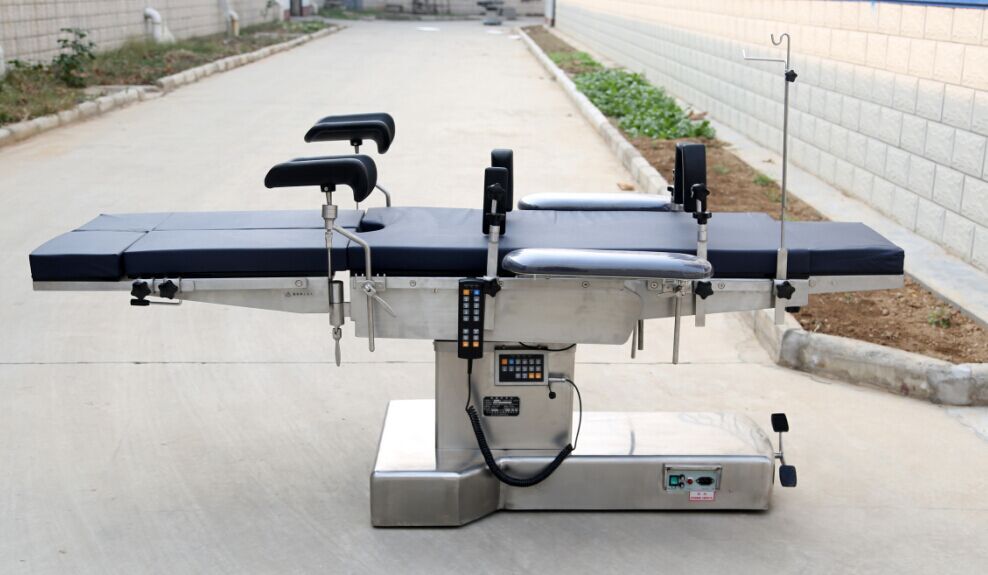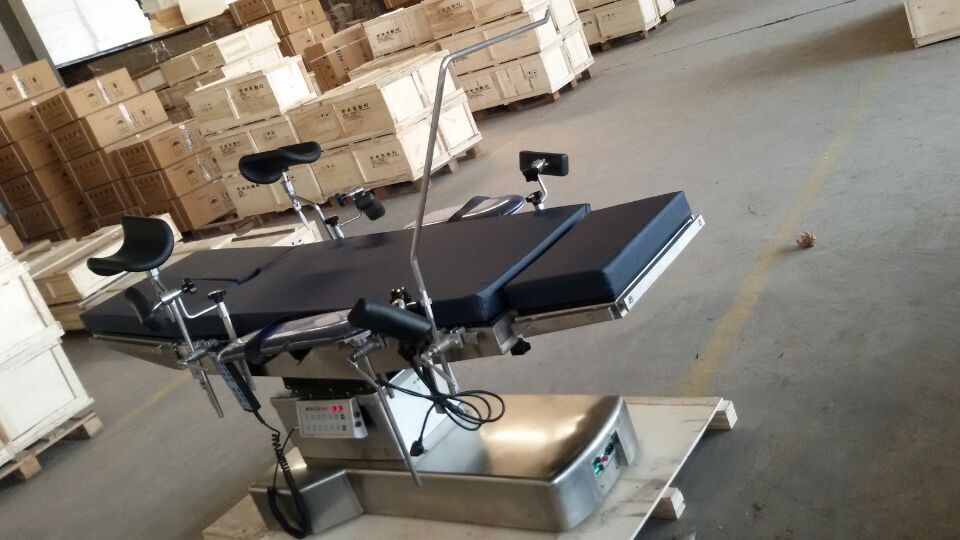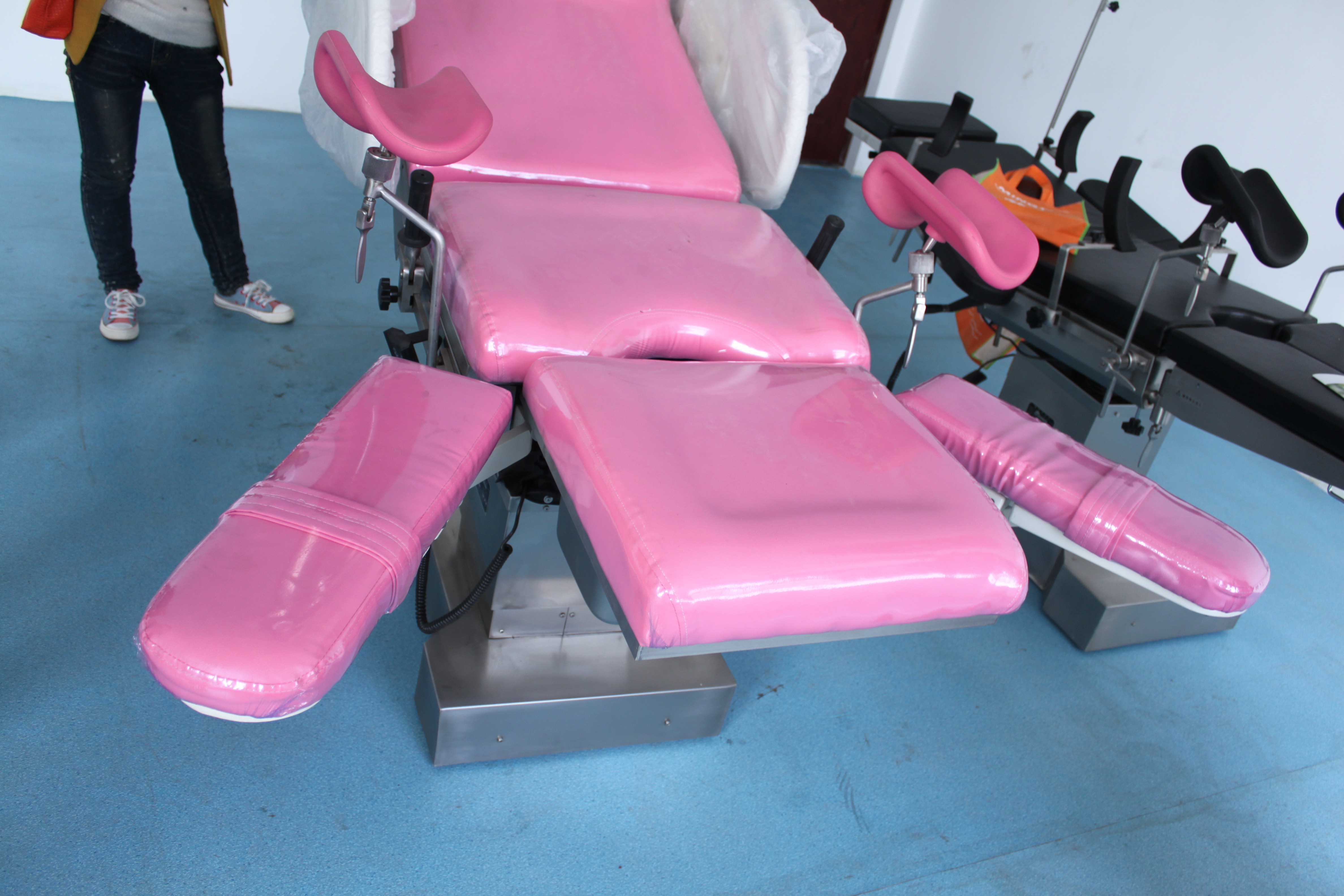Turkey has a strong social group, fear of moisture, timidity, and easily frightened. External stimuli can cause turmoil in the turkey community. When grazing and feeding, keep the environment as normal as possible so as not to affect the feeding of the flock.
After the female turkey is in a nest, the body is weak and can be fed alone for a few days to restore the body as soon as possible. If they are put into herds, they are vulnerable to chasing and biting by other female turkeys and grazing staff should take care of them.
The management of brooding at different stages of growth is 40 days old and brooding is 63 days old. On the first day after hatching, it is best to let chicks spend in the nest. Eat the next day and give clean drinking water around 20°C. The first week can be fed 5 times a day, 4 times a day during the day. After 4 weeks, several small piles of sand can be placed in the brooding bed and allowed to feed freely. Newborn turkeys are insensitive, delicate and chilly and require extra care. Within 4 weeks of age, stocking densities of 20 to 25 animals per square meter were maintained on the grass surface. From 1 day old to 4 days old, the best full daylight can be taken. After 5 days old, the light can be gradually reduced to 14 hours. The brooding room temperature should be maintained between 35°C and 37°C within one week of age, and then lowered by 1°C to 2°C per week until it is warmed.
Young chick diets require high protein and high energy. The young turkey is pungent and spicy, and the feed may be properly mixed with green onions such as onion leaves, garlic leaves, and leeks.
In the rearing stage, when the mother turkey is 8 weeks old, the male turkey begins to enter the rearing period after 10 weeks of age.
After brooding, the turkey's physique and resistance to disease are strong. Normal temperature changes do not pose a significant threat to them. In order to meet its rapid growth needs, more carbohydrates can be added to the diet. The protein level can generally be maintained at 15% to 18%, and some vegetables and legumes can also be incorporated in the feed.
In addition, peasant households can raise grazing mainly for free-range turkeys. Before grazing, you should choose your route in advance. During grazing, the flock should be protected from the sun and rain. After harvesting, feed some concentrate, such as bran, grains, and chopped sweet potatoes.
During laying and hatching, female turkeys reach 7 months of age and male turkeys reach 9 months of age to reach sexual maturity.
Female turkeys enter the first laying cycle from 34 weeks of age. About 10 to 15 eggs are hatched on their own.
It is best to feed full-priced compound feed during the production of eggs. Male turkeys should also be given special care and rearing to increase the fertility rate. From the 69th week of age, group mother turkeys enter the second egg cycle one after another. After that, egg production and fertility have decreased significantly and should be eliminated.
During the incubation period, special care must be taken to keep the incubator clean, quiet and wet. During the incubation process, rodent damage and strong vibrations must be strictly prevented.
Feed formula
0-week-old to 4-week-old turkeys: 45% corn, 40% soybean meal, 11.3% fish meal, 2% bran, 1% bone meal, 0.3% salt, 0.05% multi-vitamin, 0.15% manganese sulfate, 0.10% zinc sulfate, Methionine 0.10%.
4 weeks to 8 weeks old turkeys: 49% corn, 38% soybean meal, 9.3% fish meal, 2% wheat bran, 1% bone meal, 0.3% salt, 0.05% multi-vitamin, 0.15% manganese sulfate, 0.10% zinc sulfate, Methionine 0.10%.
8 weeks old to slaughter turkey: 59.32% of corn, 23% of soybean meal, 6% of fish meal, 10% of bran, 1% of bone meal, 0.35% of salt, 0.03% of multidimensional system, 0.15% of manganese sulfate, 0.10% of zinc sulfate, methionine 0.05 %.
Disease prevention and control of turkeys scattered in farming and pastoral areas, chicken houses are best built in a sunny place with a high elevation. Keep the house clean and well ventilated. Food troughs and drinking utensils should be regularly sterilized, bedding should be changed frequently, and faeces should be promptly removed.
The common diseases of turkeys are white feathers, respiratory diseases, rickets, indigestion, colds, fowl cholera, turkey pox, tsutsugamushi disease, vitamin deficiency and so on. Turkey keepers should buy some furazolidone, oxytetracycline, streptomycin, and Liushen Pills at home on weekdays.
When the young turkey is 7 days old, Newcastle disease II vaccine is applied to the nose. At the age of 30 days, Newcastle disease vaccine I was administered intranasally or intramuscularly. At the age of 60 days, the third Newcastle disease I strain vaccine should be administered intramuscularly to prevent the epidemic.
Mingtai Electric Operating Table generally includes 2 types: electric motor Operating Table and electric hydraulic operating table. Mingtai Operation Table is much suitable for general surgery, orthopedic surgery, gynecology surgery and examination, urology surgery and other surgeries. It surface is made of stainless steel, beautiful appearance and easy to clean. its table board is acrylic board, very great X-ray transmission.
For more information about Operating Light, operating table, Hospital Bed and Medical Pendant please visit website.



Electric Operating Table
Electric Operating Table,Operating Table,Mingtai Operating Table,Electro-Hydraulic Operating Table
Shandong Mingtai Medical Equipment Group Co., Ltd , https://www.mingtaic.com